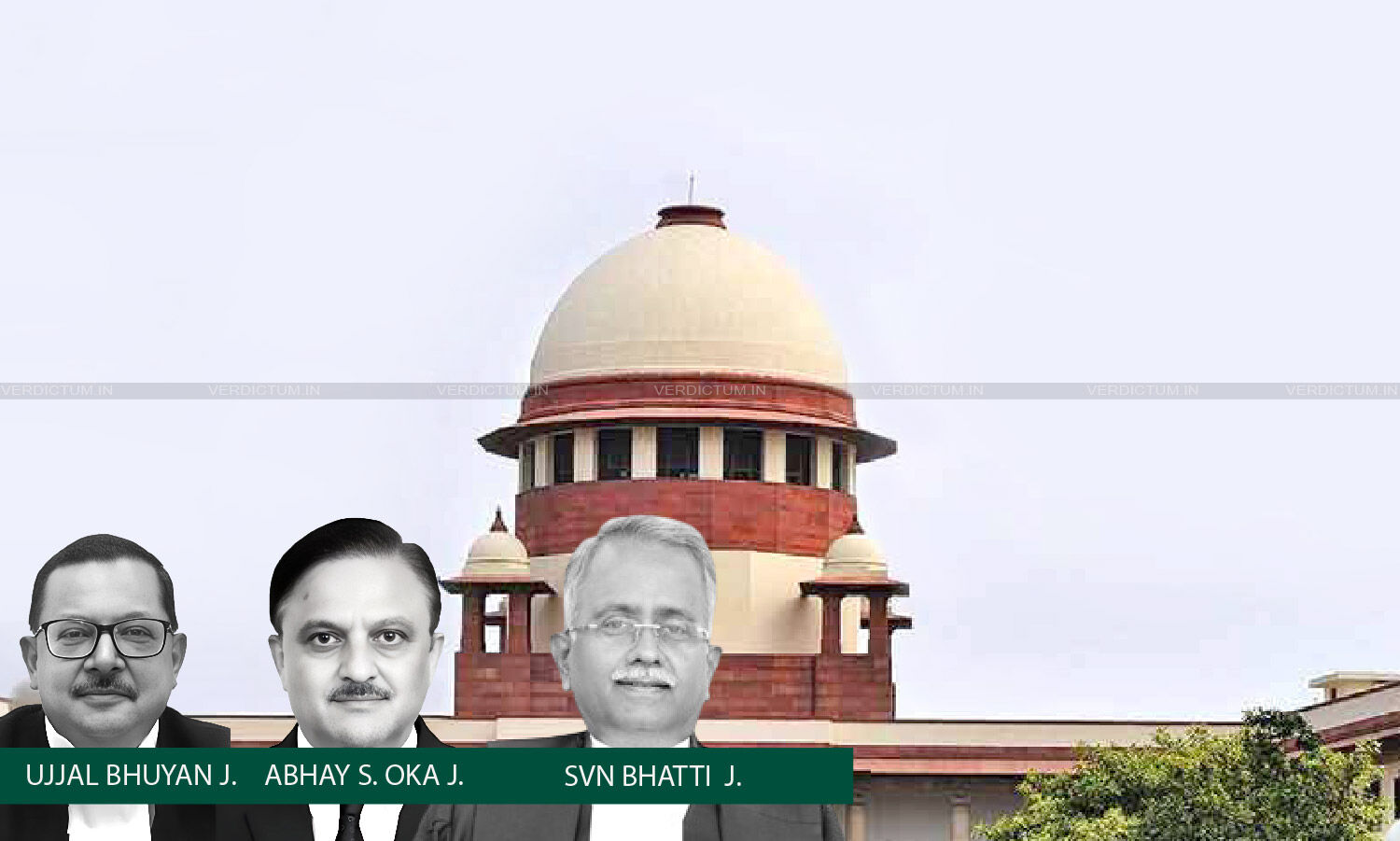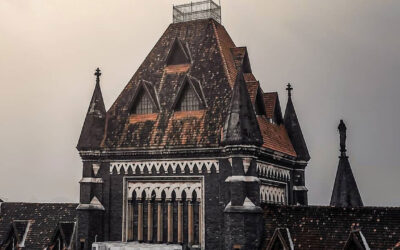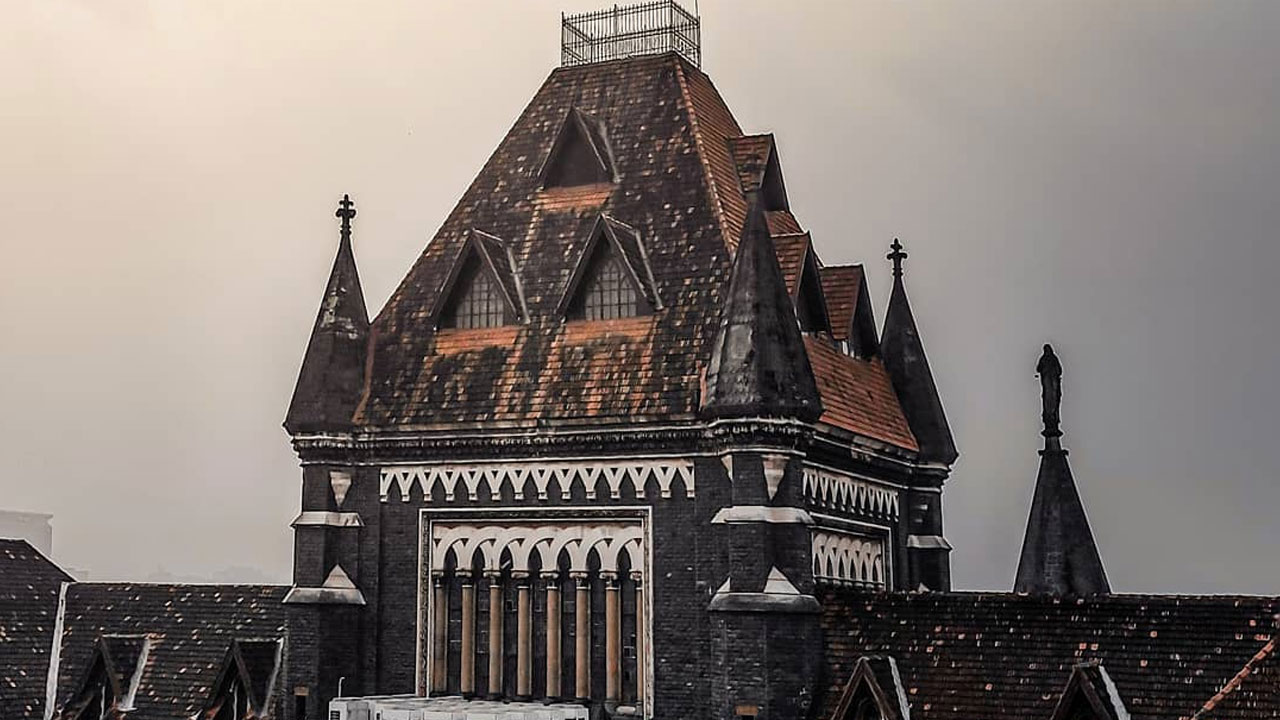Full Court Can Always Recommend Designation Even If Deserving Advocate Doesn’t Apply For It, Subject To His Consent

The Supreme Court held that the Full Court can always recommend the designation of a deserving Advocate even if he does not apply for designation, subject to his/her consent.
The Court held thus in a Criminal Appeal in the case of Jitender @ Kalla v. State (Govt of NCT of Delhi) & Ors. (2025 INSC 249) in which earlier a two-Judge Bench expressed certain concerns regarding the process of designation of Senior Advocates laid down in the case of Indira Jaising v. Supreme Court of India (2017).
The three-Judge Bench comprising Justice Abhay S. Oka, Justice Ujjal Bhuyan, and Justice S.V.N. Bhatti observed, “On plain reading of Sub-section (2) of Section 16, the Legislature never contemplated an Advocate making an application seeking designation. The scheme of Sub-section (2) of Section 16 indicates that designation has to be conferred by the Supreme Court or the High Courts. The scheme of Sub-section (2) of Section 16 indicates that an individual Judge of the Supreme Court or the High Court, as the case may be, cannot recommend any Advocate for designation as the decision is a collective decision of the Full Court. Even if an Advocate deserving of a designation does not apply for designation, on the basis of the discussion in the house, the Full Court can always recommend his/her designation, subject to his/her consent. For that purpose, the recommendation in writing of an individual Judge is not warranted.”
The Bench said that a deserving Advocate who does not apply can be always be designated after obtaining his consent.
Court’s Observations
The Supreme Court noted that the ability and standing at the Bar are two important qualifications while designating Advocates as Senior Advocates by Full Court.
(i) Ability
The Court enunciated, “When the provision talks about ability, it will include very sound knowledge of law and especially the branches of law in which the Advocate is practicing. The ability will also include, apart from sound knowledge of law, skills of advocacy, which are required to effectively conduct a case. It will include mastery over the art of cross-examination in case of Advocates practicing on the original sides of the High Court or Trial and District/Sessions Courts.”
The Court added that writing articles and commentaries on law will be part of ability and capacity to rationally critique judicial decisions will be a facet of ability.
(ii) Standing at the Bar
The Court was of the view that standing at the Bar is not defined or understood with physical number of years an Advocate puts in, but the standing at the Bar is a mixture of several qualities of a professional viz: (i) integrity (ii) respect (iii) confidence (iv) dependability (v) honesty (vi) communication skills (vii) confidence and (viii) commitment to administration of justice and rule of law.
(iii) Special Knowledge of Law
“The qualities of ability, standing at the Bar, and special knowledge and experience in law are present in the Advocates practicing in Trial and District Courts as much as of the Advocates practicing in the High Courts and the Supreme Court”, the Court further remarked.
Court’s Important Remarks
The Court said that the designation of an Advocate as a Senior Advocate is different from making an appointment to the post.
“Interaction or interview for a few minutes by any standard is not sufficient to assess the personality and suitability of the concerned Advocate. Such brief interactions can at best give an outer view of the applicant. … if someone is impressive in an interview, he or she can get very good marks even if his or her general reputation is not up to the mark”, it added.
The Court also observed that subjecting an Advocate having standing at the Bar to interview by three senior-most Judges and two senior members of the Bar violates the dignity of the noble profession.
“If an Advocate has authored articles or a thesis on complex legal issues or has published books on legal subjects to his credit, depending upon the quality of writing, it adds to the standing of the Advocate. However, it will be unjust to give weightage to such work done by the Advocate by assigning points out of 5. Writing articles or books is not an essential criterion for designation. It is an additional consideration”, it emphasised.
Furthermore, the Court held that it would practically not be possible to seek the consent of a large number of deserving Advocates and, therefore, the practice of making a formal application can be continued.
“An Act of making application will amount to consent of the Advocate for being considered for designation. Act of making such applications may not necessarily amount to soliciting the designation. The practice of allowing applications to be made has practical advantages”, it noted.
Conclusion
The Court remarked that Senior Advocate Indira Jaising is absolutely correct when she candidly submitted that the designation cannot be the monopoly of the selected few.
“All members of the Bar who belong to different classes must get equal opportunity in the matter of designation. It is important to encourage first generation Advocates. She is right in submitting that the process of designation must be objectively fair and guided. For that purpose, there is a need to have at least one exercise of designation conducted every year”, it further emphasised.
The Court observed that the requirement of a minimum practice of 10 years should be retained as the standing at the Bar can be assessed only if the Advocate has practiced for a reasonably long time.
Accordingly, the Apex Court answered the referred issues.
Cause Title- Jitender @ Kalla v. State (Govt. of NCT of Delhi) and Anr. (Neutral Citation: 2025 INSC 667)




